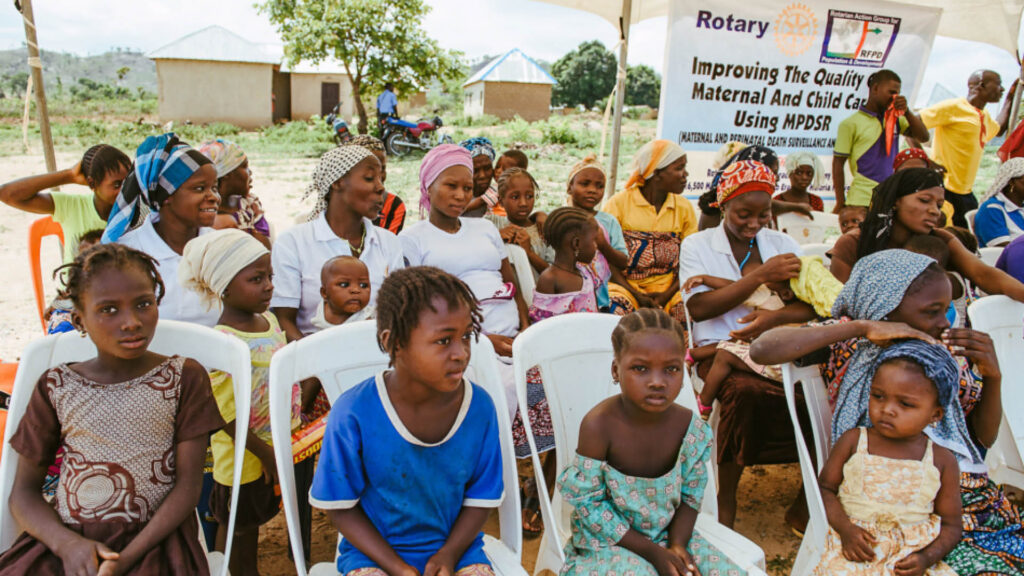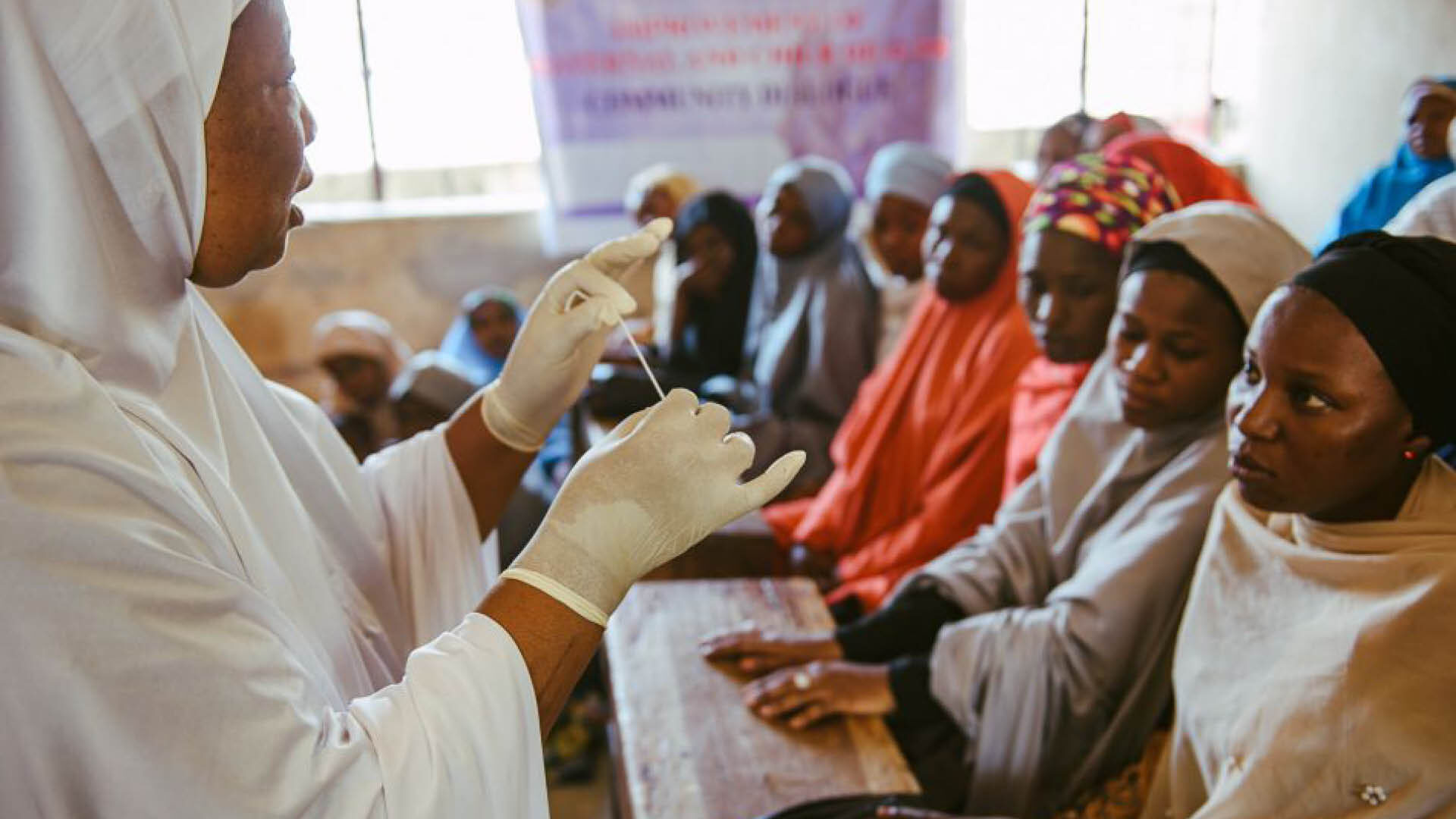
According to the UN’s World Population Prospects 2019, the current world population of 7.7 billion could grow to around 8.5 billion in 2030, 9.7 billion in 2050, and 10.9 billion in 2100.
Continued rapid population growth presents challenges for sustainable development. The 47 least developed countries are among the world’s fastest growing – many are projected to double in population between 2019 and 2050 – putting pressure on already strained resources and challenging policies that aim to achieve the Sustainable Development Goals.
The Rotary Action Group for Population & Development has three key projects in very needy countries: Nigeria, Pakistan and Afghanistan.
RFPD’s Maternal and Child Health Obstetric Program in Nigeria decreased maternal death by 35 per cent in participating hospitals and increased contraceptive use by 10 per cent. A grant of US$3 million has followed this success and in 2019 it began providing family planning in every state of Nigeria.
This is one example of programs by Rotary, the United Nations, USAID, WHO and other NGOs that have contributed to the fact that; “Maternal mortality dropped by 38 per cent worldwide between 2000 and 2017.” (WHO Key Facts) However, there is still much work to be done.
